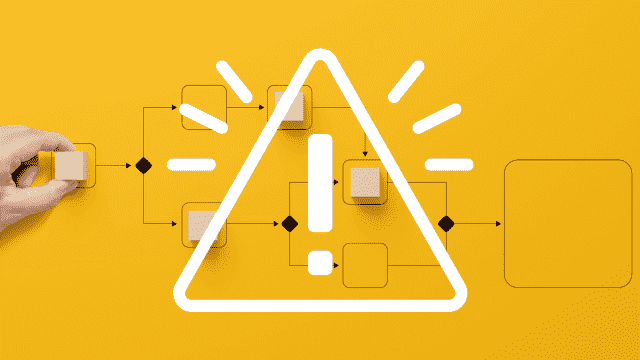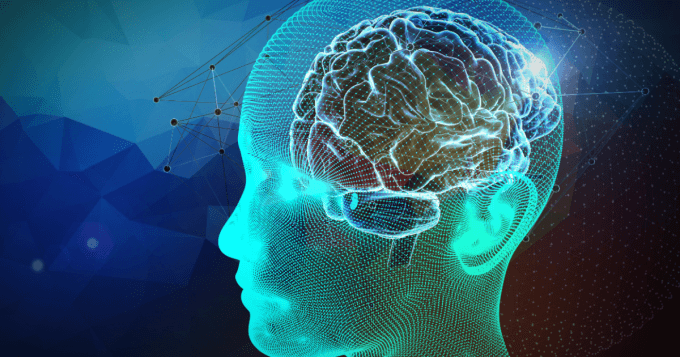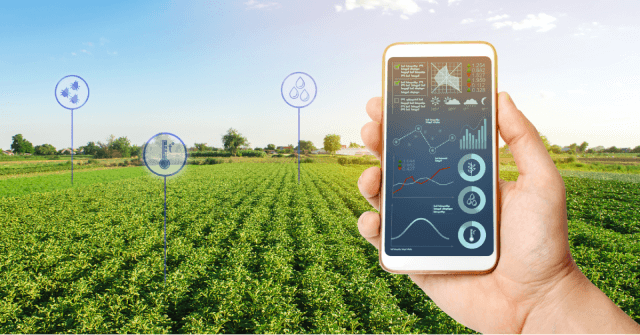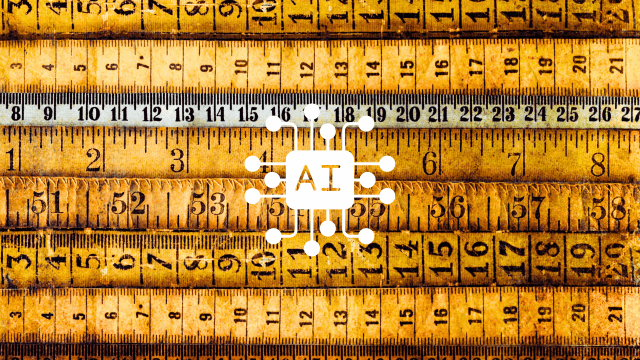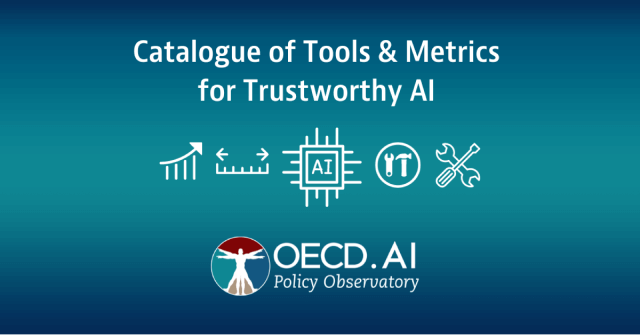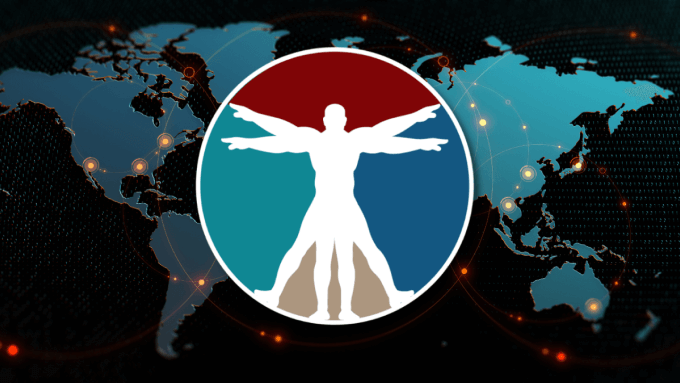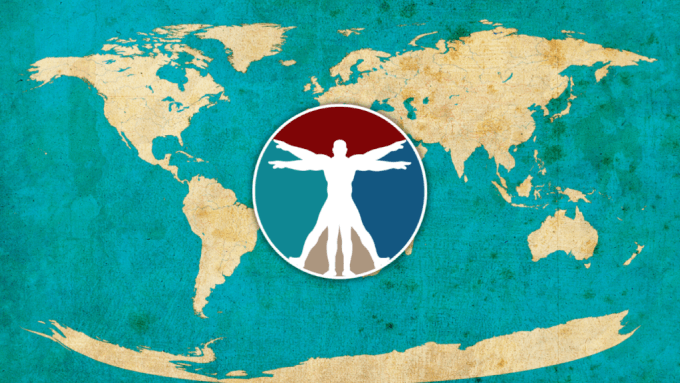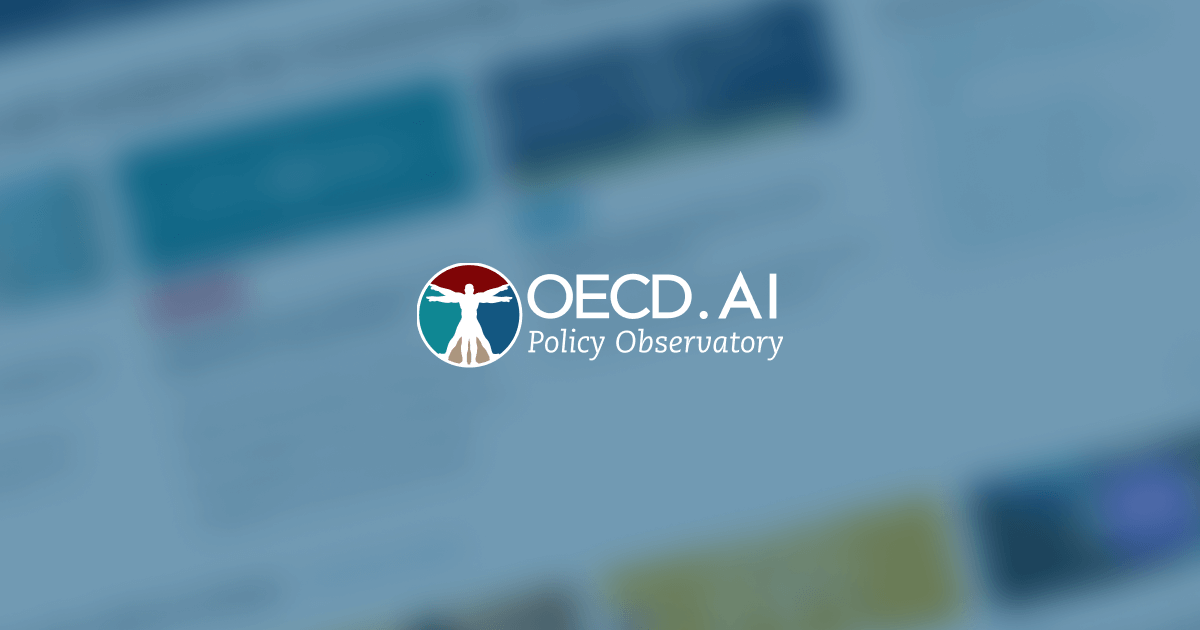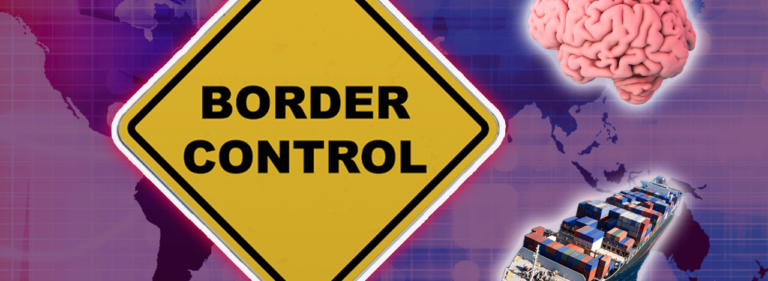The OECD programme on AI in Work, Innovation, Productivity and Skills (AI-WIPS) - with the support of Germany – analyses the impact of AI on the labour market, skills and social policy.
Overview
The OECD is working with governments around the world to try to measure and analyse the impact of AI on training needs and labour markets. This site aims to help governments to shape AI-related policies that are responsible and human-centred, and that improve individual and societal well-being.
Last year’s AI WIPS Conference – the OECD International Conference on AI in Work, Innovation, Productivity, and Skills – took place the 12 and 13 December 2024.
The 2023 and 2024 International Conference on AI in Work, Innovation, Productivity, and Skills brought together leading voices from the policy, academic, business, technical and civil society communities to discuss how AI affects employment, skills, productivity, and innovation and how policymaking can respond. Alongside the implications of ChatGPT-like tools, participants discussed new OECD evidence on the impact of AI in the workplace and education, whether AI is the solution to skills shortages, risk-based approaches for AI governance and much more.
Blog posts
More related postsPublications
A portrait of AI adopters across countries
This report analyses the use of artificial intelligence (AI) in firms across 11 countries. Based on harmonised statistical code (AI diffuse) applied to official firm-level surveys, it finds that the use of AI is prevalent in ICT and Professional Serv...
Advancing accountability in AI
This report presents research and findings on accountability and risk in AI systems by providing an overview of how risk-management frameworks and the AI system lifecycle can be integrated to promote trustworthy AI. It also explores processes and tec...
Identifying artificial intelligence actors using online data
This paper uses information collected and provided by GlassAI to analyse the characteristics and activities of companies and universities in Canada, Germany, the United Kingdom and the United States that mention keywords related to Artificial Intelli...
Identifying and characterising AI adopters
This work employs a novel approach to identify and characterise firms adopting Artificial Intelligence (AI), using different sources of large microdata. Focusing on the United Kingdom, the analysis combines data on Intellectual Property Rights, websi...
Using Artificial Intelligence in the workplace
Artificial Intelligence (AI) systems are changing workplaces. AI systems have the potential to improve workplaces, but ensuring trustworthy use of AI in the workplace means addressing the ethical risks it can raise. This paper reviews possible risks ...
Artificial Intelligence and Employment – New Evidence from Occupations Most Exposed to AI
In recent years, Artificial Intelligence (AI) has made significant progress in areas like information ordering, memorisation, perceptual speed, and deductive reasoning – all of which are related to non-routine, cognitive tasks. As a result, the occup...
Artificial intelligence and employment: New cross-country evidence
Recent years have seen impressive advances in artificial intelligence (AI) and this has stoked renewed concern about the impact of technological progress on the labour market, including on worker displacement. This paper looks at the possible links b...
Opportunities and drawbacks of using artificial intelligence for training
Technological developments are one of the major forces behind the need for retraining, but they can also be part of the solution. In particular, Artificial Intelligence (AI) has the potential to increase training participation, including among curren...
AI and the Future of Skills, Volume 1 : Capabilities and Assessments
Artificial intelligence (AI) and robotics are major breakthrough technologies that are transforming the economy and society. The OECD’s Artificial Intelligence and the Future of Skills (AIFS) project is developing a programme to assess the capabiliti...
Who develops AI-related innovations, goods and services? A firm-level analysis
This study proposes an exploratory analysis of the characteristics of Artificial Intelligence (AI) “actors”. It focuses on entities that deploy AI-related technologies or introduce AI-related goods and services on large international markets. It buil...
Artificial intelligence companies, goods and services – A trademark-based analysis
This work proposes an experimental methodology to identify and measure artificial intelligence (AI)-related trademarks. It aims to shed light on the extent to which (new) companies and products appearing on the market rely on, exploit or propose AI-r...
Demand for AI Skills in Jobs: Evidence from online job postings
This report presents new evidence about occupations requiring artificial intelligence (AI)-related competencies, based on online job posting data and previous work on identifying and measuring developments in AI. It finds that the total number of AI-...
AI measurement in ICT usage surveys
This paper takes stock of official statistics on AI use in firms collected through ICT usage surveys. Its aim is to highlight statistically sound data that can be used to guide policymakers and other stakeholders in the complex field of AI. It provid...
The impact of Artificial Intelligence on the labour market: What do we know so far?
This literature review takes stock of what is known about the impact of artificial intelligence on the labour market, including the impact on employment and wages, how AI will transform jobs and skill needs, and the impact on the work environment. Th...
Identifying and measuring developments in artificial intelligence: Making the impossible possible
This paper identifies and measures developments in science, algorithms and technologies related to artificial intelligence (AI). Using information from scientific publications, open source software (OSS) and patents, it finds a marked increase in AI-...
The human capital behind AI: Jobs and skills demand from online job postings
Building on recent OECD work, this paper analyses the skills sets (“skills bundles”) demanded in artificial intelligence (AI)-related online job postings. The analysis uses Burning Glass Technologies’ data for the United States and the United Kingdom...
Artificial Intelligence in Society
The artificial intelligence (AI) landscape has evolved significantly from 1950 when Alan Turing first posed the question of whether machines can think. Today, AI is transforming societies and economies. It promises to generate productivity gains, imp...
Live news
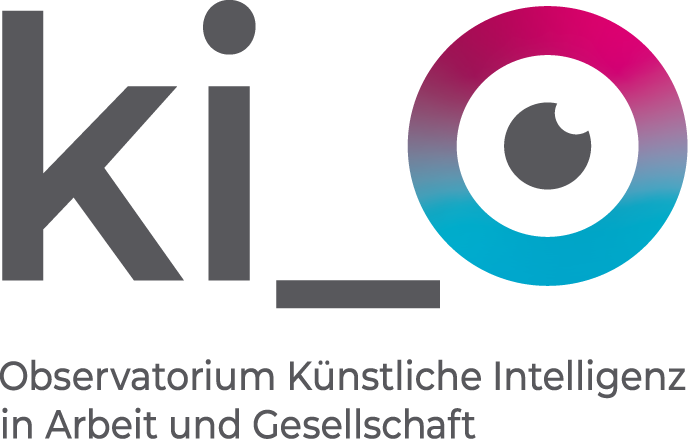 KI-Observatorium (AI Observatory)
KI-Observatorium (AI Observatory)
The German AI Observatory was launched on 3 March 2020 in Berlin. The AI Observatory builds on the Federal Government’s AI strategy and it is located within the Policy Lab Digital, Work and Society - an agile think tank of the German Federal Ministry of Labour and Social Affairs (BMAS).
With the AI Observatory, BMAS is implementing an essential measure within the framework of the AI strategy of the Federal Government. The Observatory aims to enable and promote the responsible, people-centred and participatory use of AI in the working world and society. The Observatory will act as a knowledge carrier and driving force both within and outside the BMAS. In addition, it has a cross-sectional function to the numerous measures of the BMAS within the framework of the AI strategy.
The tasks and goals of the AI observatory include:
- Impact analysis, scenario development and trend monitoring in order to develop guidelines, audits and frameworks for action for the use of AI in the working world
- Development of procedures and methods for the checking and traceability of algorithmic forecasting and decision-making systems
- Facilitating access to the issue of AI and social dialogue on it and enabling cooperation with AI observatories at transnational level
- Guidelines, studies, documentation and practice cases in order to enhance skills and respond to key qualifications and qualification needs
Related policy areas

Education

Employment

